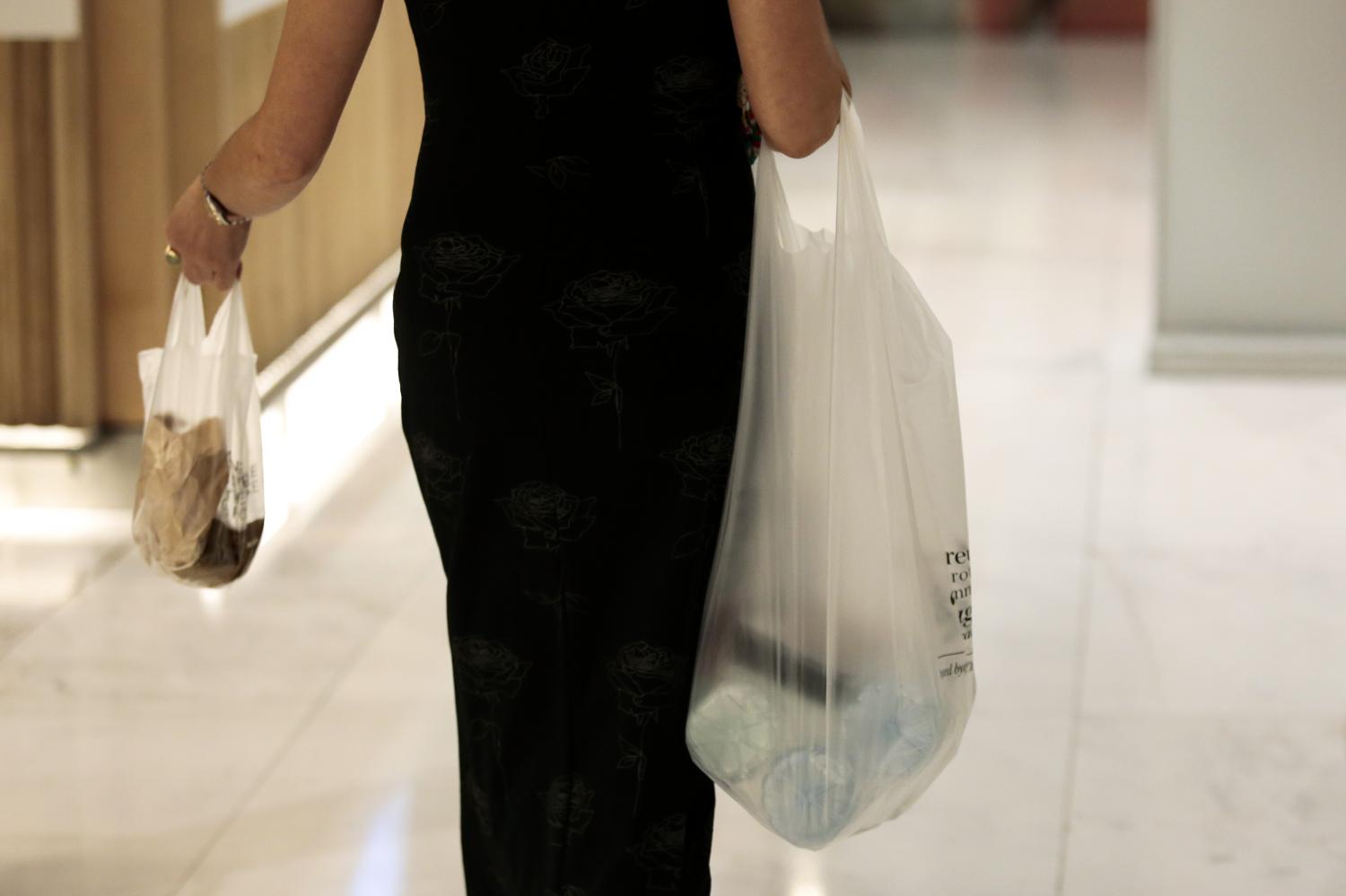
Environmental sustainability has been top-of-mind globally in the past few months. In line with this, the Japanese government has recently enforced a move that requires all retailers in the country, including supermarkets and convenience stores, to charge for plastic bags from next summer onwards.
This comes in a bid to reduce plastic consumption in Japan, where more plastic packaging waste is produced per capita than any other nation except for the United States, according to the United Nations.
The move highlights how plastics are strikingly never left out of discussions concerning the environment and to some extent, solving the problem associated with plastic pollution is deemed as one of the greatest challenges facing the world today. Globally, 360 million tonnes of plastic are produced every year and more than 14 million tonnes of plastic waste leaks into the oceans. Less than 10% is currently recycled.
As evident by Japan, Asia is not immune to this problem. In fact, Asian countries are among the world's biggest sources of ocean plastic pollution -- more than half of the ocean's plastic waste originates from the region.
The prevalence of plastic as a cheap and durable material, along with a consumer preference for convenience, means the region's plastic waste crisis is likely to worsen.
Over the years, several international studies have shown that consumers have become more conscious of their environmental footprint and increasingly want brands to embrace sustainability. However, the higher cost of alternative materials made from renewable resources has resulted in most businesses in the region choosing to focus on cost rather than being environmentally responsible.
This has minimised potential environmental benefits that alternative materials can bring about and will continue to delay the transition away from the current unsustainable and linear economic model towards a regenerative circular economy where there is no waste, only valuable resources.
This phenomenon is pervasive in Asia, where convenience-minded consumers have become accustomed to the benefits of using cheap plastics derived from non-renewable fossil resources. The problem is exacerbated by the fact that some governments have failed to acknowledge that the ongoing and prolific use of fossil-based plastics is unsustainable, contribute to climate change and pollute the environment at every stage in their lifecycle.
The shift away from plastics has also been challenging due to a lack of understanding of sustainable alternatives along with a lack of enforced standards, resulting in the emergence of false and confusing solutions that continue to rely on cheap fossil-based plastic.
Brand owners "greenwash" with terminology such as "biodegradable", "oxo degradable" and "landfill degradable". These products are touted as a solution to plastic pollution yet there is no independently reviewed scientific evidence that proves their claims. Nonetheless, it is without question that Asia is picking up pace in tackling the plastic crisis. Countries across the region such as India and Japan have either begun discussions or plan to implement initiatives to curb the amount of single-use disposable plastics.
However, efforts have largely been focused on businesses, such as implementing regulations requiring them to take part in the recycling of plastics or a ban on single-use items. Another method commonly adopted by governments has been the implementation of plastic bag charges. In countries where this has been implemented, it has shown to significantly reduce the amount of plastic bags used by up to 80%.
More often than not, the effectiveness of a bottom-up approach is overlooked and the ability of consumers to affect change is underestimated. In actual fact, consumers are crucial in turning the situation around as they possess the power to influence businesses by demanding and supporting those who are advocating for the adoption of more sustainable alternatives to fossil-based plastics.
By supporting brands who proactively introduce sustainable solutions, such as compostable packaging derived from renewable resources, greater pressure is placed on other brand owners and businesses who will then be more inclined to adopt such alternatives in their day-to-day operations if they are to remain relevant in a competitive market place.
An example of brands taking the lead can be seen in initiatives such as BioPak's recent partnership with Deliveroo to replace single-use plastic packaging with compostable alternatives for its operations in Singapore as more consumers enjoy the convenience of food delivery services -- which traditionally rely on huge quantities of single-use disposable plastic packs and utensils. This initiative showcases that it is possible to be both sustainable and profitable and positions the brands as industry leaders.
Asia, compared to other parts of the world like Europe, is still a long way from tackling its plastic crisis but there is still hope. The first step in the transition towards a more sustainable society is to raise awareness and educate consumers about the environmental damage and pollution at every stage in the lifecycle of fossil-based plastics and highlighting the benefits of choosing products and packaging made from bioplastics derived from renewable resources.
This is particularly pertinent today as more companies jump on the highly lucrative sustainability bandwagon by making vague and deceptive claims and marketing gimmicks, which only leads to more confusion and delays the transition towards a truly circular economy.
A future without "greenwashing" is only possible with informed brand owners and educated consumers. More needs to be done to ensure that consumers understand the environmental damage caused by plastics and provide them with the knowledge required to identify false and misleading claims, thus allowing them to make informed decisions based on facts.
Richard Fine is Founder & Sustainability Director of BioPak Pty Ltd, an exhibitor at FHA–Food & Beverage, the largest international F&B showcase in Asia.